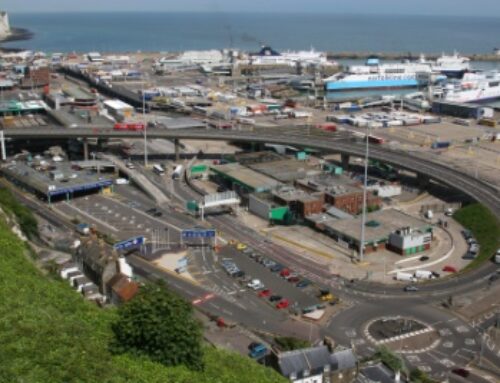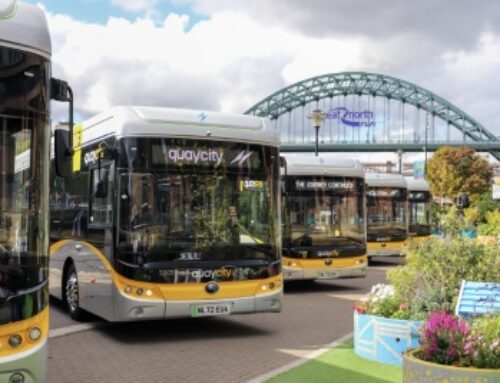FTA concern at city truck ban suggestion
 The Freight Transport Association (FTA) has said that peak-hour bans on trucks in cities is not “the right way forward on vulnerable road user safety”, after media reports suggested that David Cameron may be open to examining the case for such measures.
The Freight Transport Association (FTA) has said that peak-hour bans on trucks in cities is not “the right way forward on vulnerable road user safety”, after media reports suggested that David Cameron may be open to examining the case for such measures.
According to the Independent newspaper and other outlets, the prime minister is said to have asked the Department for Transport (DfT) to consider the feasibility of such a scheme, following a meeting with the all-party parliamentary group on cycling.
Other suggestions reported to have been discussed during the meeting include road and junction improvements, including staggered light phasing; mandatory safety features for trucks; and improved designs for construction vehicles.
Christopher Snelling, head of urban logistics at FTA, said: “Even a medium-sized lorry would have to be replaced with 10 vans – which means overall safety would not be improved, let alone the emissions and congestion consequences.
“It has to be remembered that we don’t choose to deliver at peak times on a whim – our customers need goods at the start of the working day.”
FTA added that it was having ongoing discussions with DfT around means of improving road safety and simultaneously preserving efficiency.
“What we are looking at is the safety of everyone,” said Snelling.
“For example while early morning is rush hour for cyclists, the pedestrian peak is later. Forcing deliveries outside morning peak would interact with another group of vulnerable road users.”
He added: “All road users have a role to play in improving road safety. Better awareness, training and behaviour is needed on all sides to make our roads as safe as they can be. Things can improve. The number of HGVs involved in fatalities in the UK has halved in the last 12 years, which shows the success of the progressive approach to improving safety.”
Further suggestions posited by the FTA to improve safety for vulnerable road users included: increased targeted enforcement against non-compliant operators and drivers; improved infrastructure including junctions and road surfaces; and government incentives to improve the viability and availability of higher-visibility vehicles.
The association also suggested easing off-peak restrictions on delivery firms, such as at night; encouraging tipper operators to commit to the Construction Logistics & Cyclist Safety (CLOCS) standard; and the improvement by DfT of vehicle equipment safety standards.











